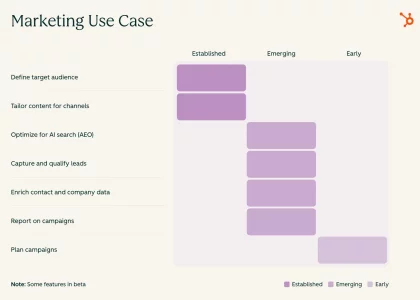That’s not true, actually. Books sell, but book doesn’t. The odds of a particular book selling a lot of copies are close to zero.
The truth of the long tail is that most titles are way out on the fringe. Now that book publishing is unleashed from retail distribution, the math is hard to avoid.
There were more than 450,000 new titles issued last year according to Bookscan. A title is a book in a specific format–so the audio counts as separate from the hardcover, etc. To be conservative, you can triple the sales numbers here, to account for digital and audio formats of the same title.
If we narrow that down to the 45,000 books published by the largest publishers—books that by every definition are not self-published, and that required a team to create—we get this chart (click to enlarge):
Annual sales by title, from major publishers, of new books. Each ‘title’ is a given book in a given format.
Only 163 books sold more than 100,000 copies. That’s fewer than one out of every 250 titles published.
That’s a pretty low bar: 100,000 is the population of Roanoke, Virginia.
If we halve that goal, we only add another 320 books. This means that every time the smartest minds in book publishing spend time, money and effort to publish 900 books, one of them approaches the status of a hit.
(And in this case, a hit is simply one book for every person in Pocatello, Idaho.)
You could open a bookstore that carries every current hit in every format and you’d only need a few bookcases.
On the other end of the scale, we see that 85% of all traditional books published last year sold fewer than 5,000 copies each in their format. Those are extraordinarily bad odds.
Books matter. Making them is a combination of craft and insight. Publishing them is a generous act of faith. Adding to the corpus of shared knowledge is important. Books change the culture when people act on them, even if they don’t sell many copies. And sometimes the backlist surprises the accountants.
But the economics of new books have nothing to do with any of these benefits. Scarcity made the book publishing world work as a business, and scarcity is gone.
Write a book because you can and because it might make a difference. But don’t listen to your publisher’s suggestions simply to sell more copies. You probably won’t.





